September 2025
Welcome to Space Station Spotlight, a monthly newsletter from the ISS National Laboratory®. Here’s where you can find all the latest R&D happenings on the space station, see what our partners are up to, and learn how to elevate your research to new heights by leveraging the unique space environment.
What’s new at the ISS National Lab?
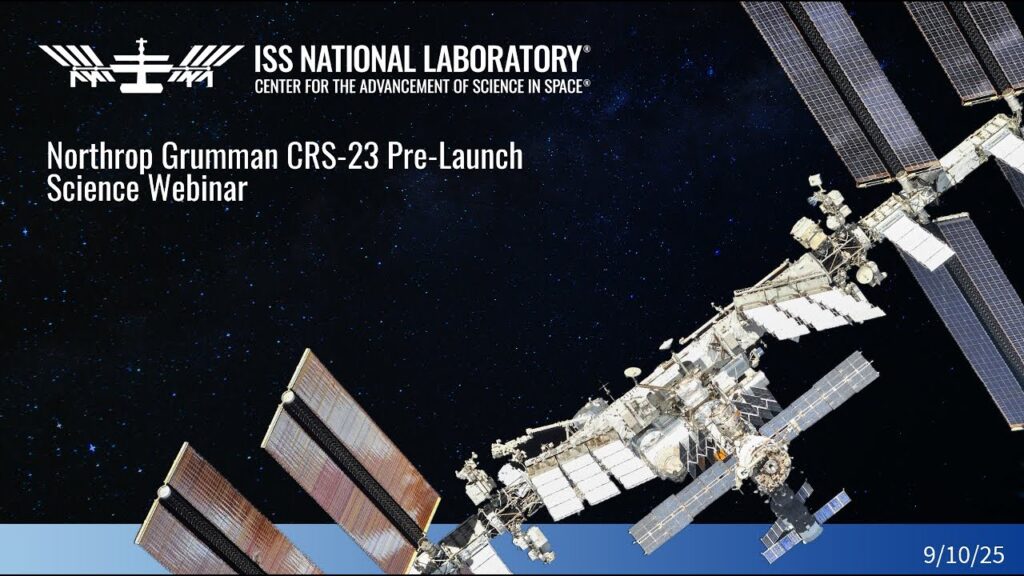
Speakers discussed germicidal biotechnologies to protect life support systems, in-space manufacturing capabilities for more effective therapeutics, and a project to improve the long-term storage of fuels for deep space missions. View the webinar recording.
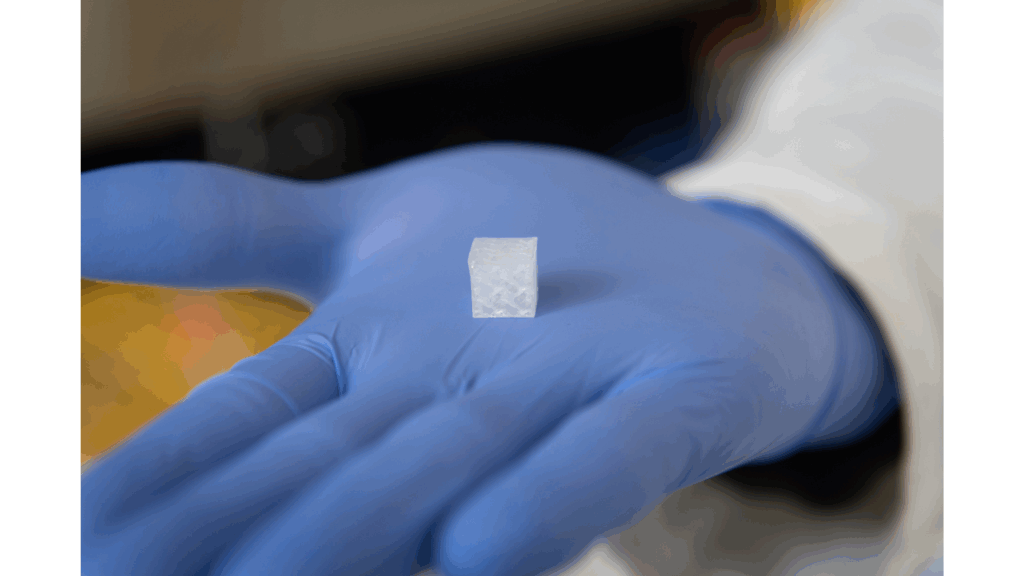
Aerospace startup TransAstra Corporation is using the ISS to test its Capture Bag system that can trap objects of different shapes and sizes, including those that are tumbling. The new technology aims to make Earth’s orbit safer for astronauts, satellites, and spacecraft. Read more.
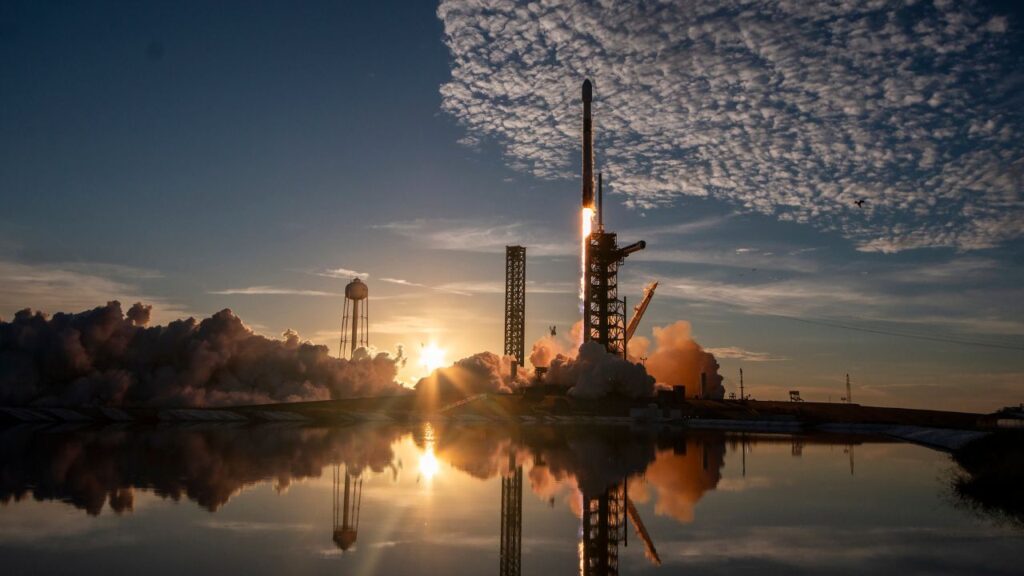
Francisco Córdova, chief operating officer for the ISS National Lab, discusses why we should embrace both crewed and uncrewed platforms rather than choosing one over the other. Read the piece to see how leveraging both platforms in the era beyond the ISS will lead to valuable breakthroughs not possible on Earth.
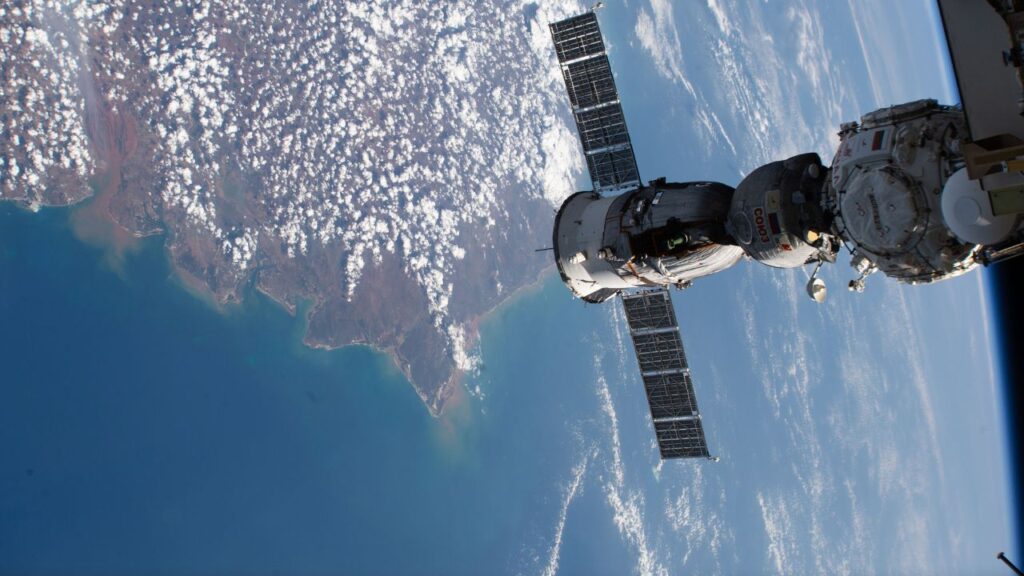
Phillip Irace, ISS National Lab science program director, explains why nurturing startups is critical to maintain U.S. leadership in technological innovation. Read the piece to hear why continued subsidized access to space is vital for startups to build on the valuable successes achieved so far.
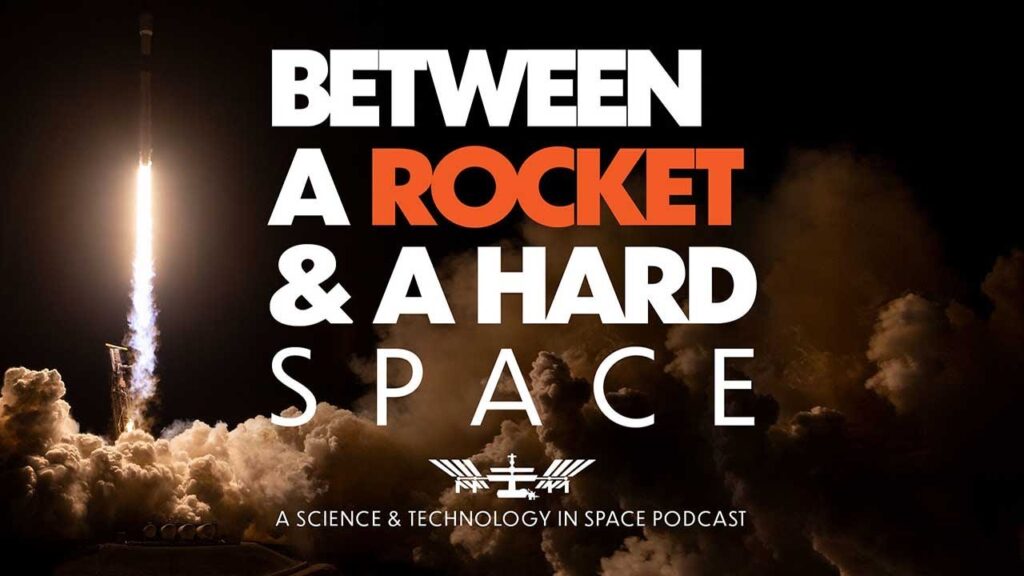
On this episode of Between a Rocket & a Hard Space , we talk with Yupeng Chen of the University of Connecticut and Mari Anne Snow, CEO of Eascra Biotech. Together, the two are leveraging microgravity to develop nanomaterials to treat diseases ranging from cancer to osteoarthritis.
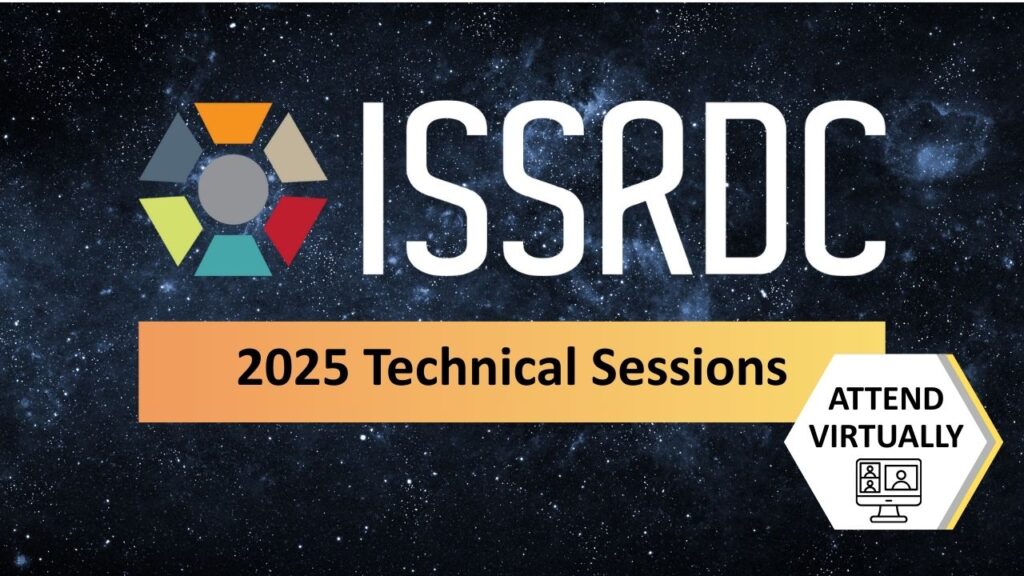
The ISS National Lab, NASA, and the American Astronautical Society hosted virtual sessions that enabled more than 60 research teams to present findings from space-based R&D. View the full agenda and presentations.
Partner News
Northrop Grumman’s Cygnus XL spacecraft arrived at the ISS on its first mission. The new, larger spacecraft can carry 33% more cargo than its previous version. The larger cargo capacity allows for more research payloads to be sent to the ISS.
Axiom and Spacebilt are collaborating on infrastructure for an orbital data center on the ISS. The Axiom Orbital Data Center Node, which the companies hope to install on the ISS in 2027, will provide data storage and processing capabilities for satellites and other spacecraft in LEO. This new infrastructure builds on the Axiom Data Center Unit One that launched to the ISS last month.
Redwire was awarded a NASA contract for up to $25 million to provide biotechnology facilities and support on the ISS. Under the contract, Redwire was issued a $2.5 million task order from NASA’s In Space Production Applications program to support additional drug development research on the ISS using the company’s PIL-BOX technology.
The Exploration Company’s Nyx Earth spacecraft passed its initial ISS safety review. The reusable spacecraft is being developed to send cargo and eventually astronauts to and from destinations in low Earth orbit. The company’s first mission to the ISS, being developed under a European Space Agency contract, is planned for 2028.
Rendezvous Robotics plans to send self-assembling tiles to the ISS for testing next year. The modular tiles, designed to self-assemble without robotic arms or astronaut assistance, will enable the construction of large structures and habitats in orbit. Rendezvous Robotics was cofounded by Ariel Ekblaw, founder of the Aurelia Institute, and Joe Landon, former head of the Lockheed-backed Crecent Space.
Funding Opportunities

An NSF-funded solicitation on transport phenomena is now open. Up to $3.6 million in total funding is available for projects to leverage the ISS National Lab to advance fundamental science related to fluid dynamics, thermal transport systems, combustion, nanoscale interactions, multiphase processes, and more. Get the details on our solicitation webpage.
Results
The most recent issue of Upward, official magazine of the ISS National Lab, is online. Explore valuable findings from space-based R&D—download the current and past issues here.
The Genes in Space program is empowering students to conduct pioneering genetics research in space. The program, which is celebrating its tenth anniversary this year, has had a transformative impact on students. Past participants have gone on to publish their research findings and pursue careers as scientists, engineers, and entrepreneurs. Read the Upward feature “From High School Labs to the ISS” to learn more.
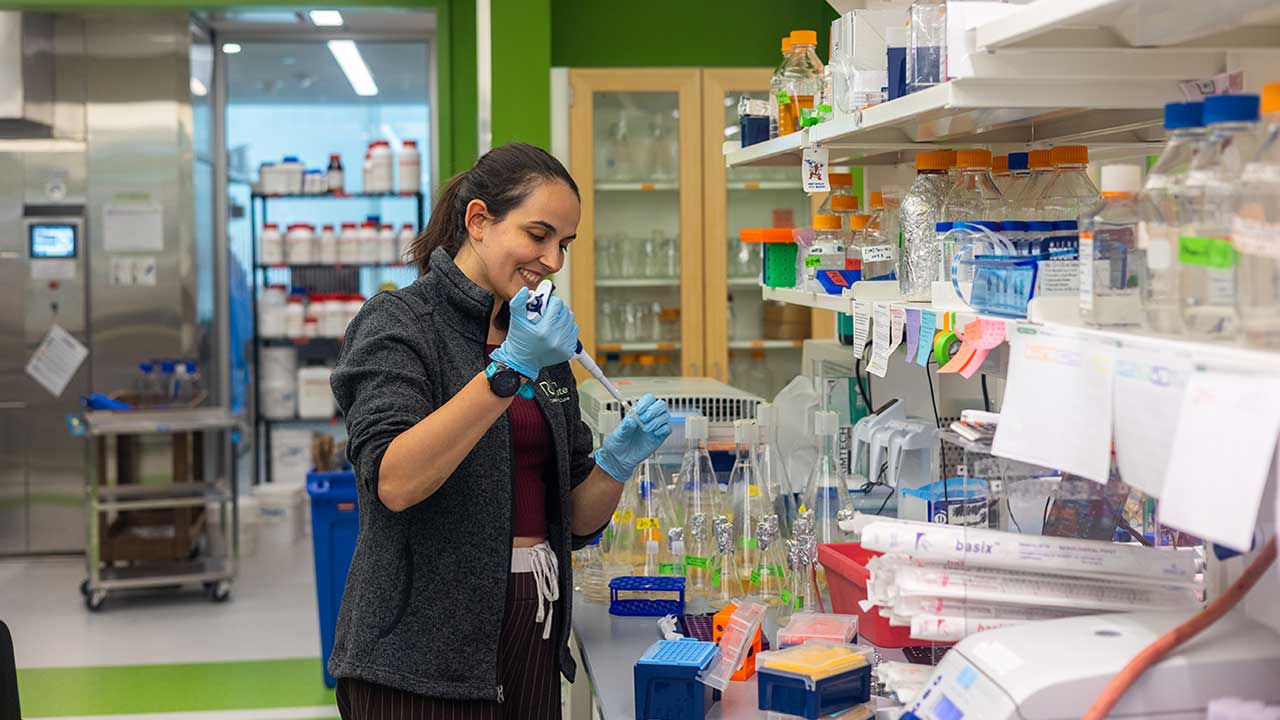
Make a Stellar Impact With a Donation to the ISS National Lab
Want to make an impact and support science in space for the benefit of humanity? Click here to donate online, make a gift of crypto or stock, or contribute through your donor-advised fund.

